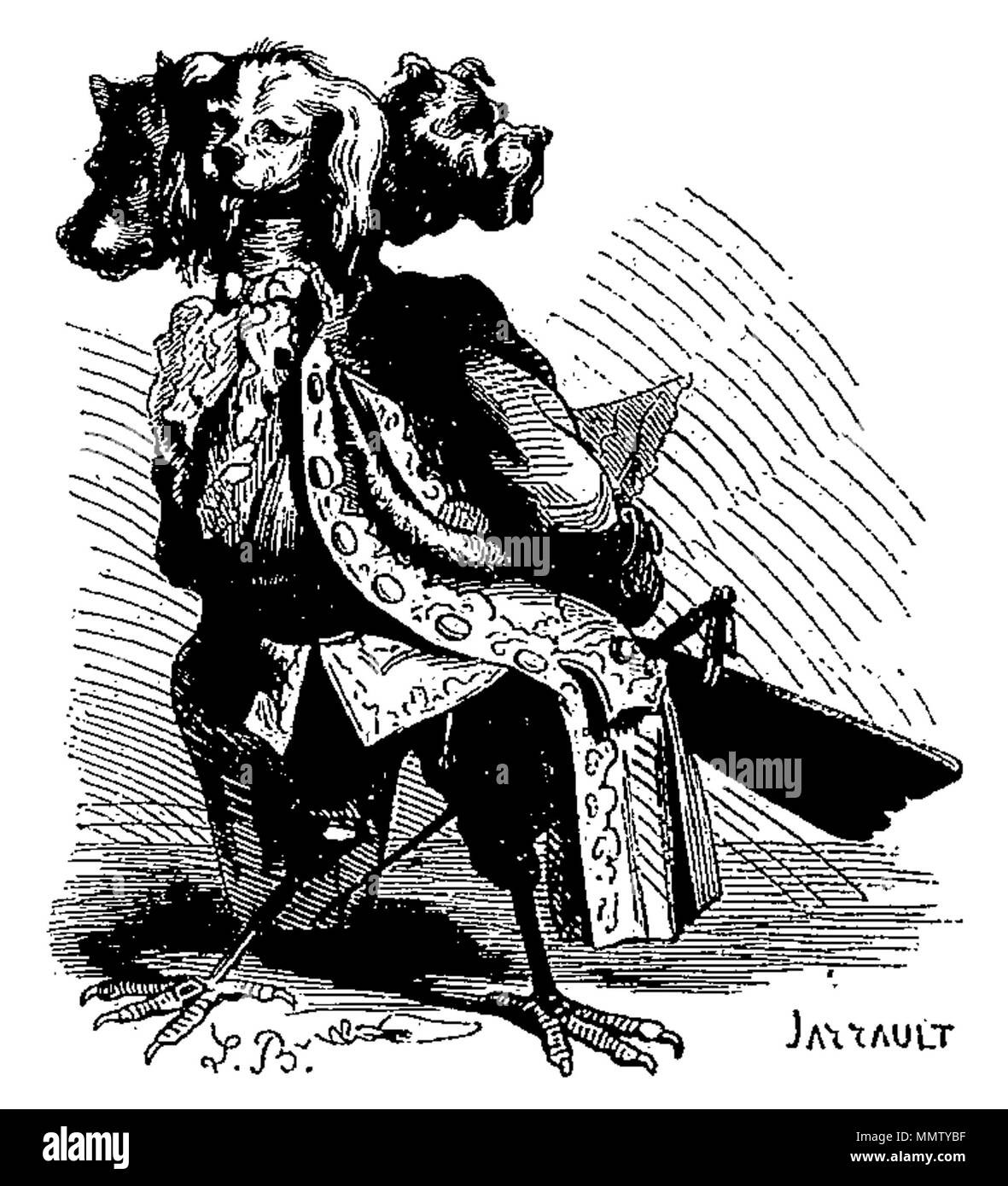

On the subject of superstition, for instance, he published some eighty volumes. Alert to the development of every new trend, he flooded the market with his books. Ensenada, Hormisdas Peath, Jacques de l’Enclos, Jean de Septchênes, to cite but a few of them. A facile writer ever mindful of popular tastes, he managed to earn a comfortable living by practicing his craft under a variety of pseudonyms - C. He had worked as a printer and bookseller in the town of Plancy and in Paris. His career as a writer, or more appropriately, as a polygraph, had admirably prepared him for his task. With his passion for strange stories, legends and customs, and his facility for compiling and editing information, Collin de Plancy was ideally suited to the task of bringing out just such a book. Even as the Age of Enlightenment was giving way to the Age of Positivism, stories of witchcraft, terrifying ghosts and monstrous events were meeting with popular success. Collin de Plancy knew his abilities and he knew his public. Less direct but no less obvious is his kinship with German writers like Novalis, Hoffmann, Tieck and Goethe and with the English practitioners of the Gothic, particularly Monk Lewis. His passion for the darker side of the human consciousness also serves as a common link between him and his better known contemporary, Charles Nodier, who is generally credited with having enlarged the literary horizon of the Romantic writers by focusing attention on the occult. His Dictionary was consulted by some of the greatest Romantic writers, notably by Hugo. The surest measure of his success is the fact that readers exhausted edition after edition of his work.Ĭollin de Plancy’s predilection for the irrational, the harrowing and the pathetic gives him a place in the genesis of one phase of Romanticism. His aim in the Dictionary of Demonology was to draw together, following the pattern set earlier by the Encyclopedists, a vast amount of material that would interest, entertain and instruct others. According to Stendhal’s definition of Romanticism as anything written to please contemporaries, Jacques-Albin-Simon Collin de Plancy (1793–1887) should be numbered among the great writers of this age.


 0 kommentar(er)
0 kommentar(er)
